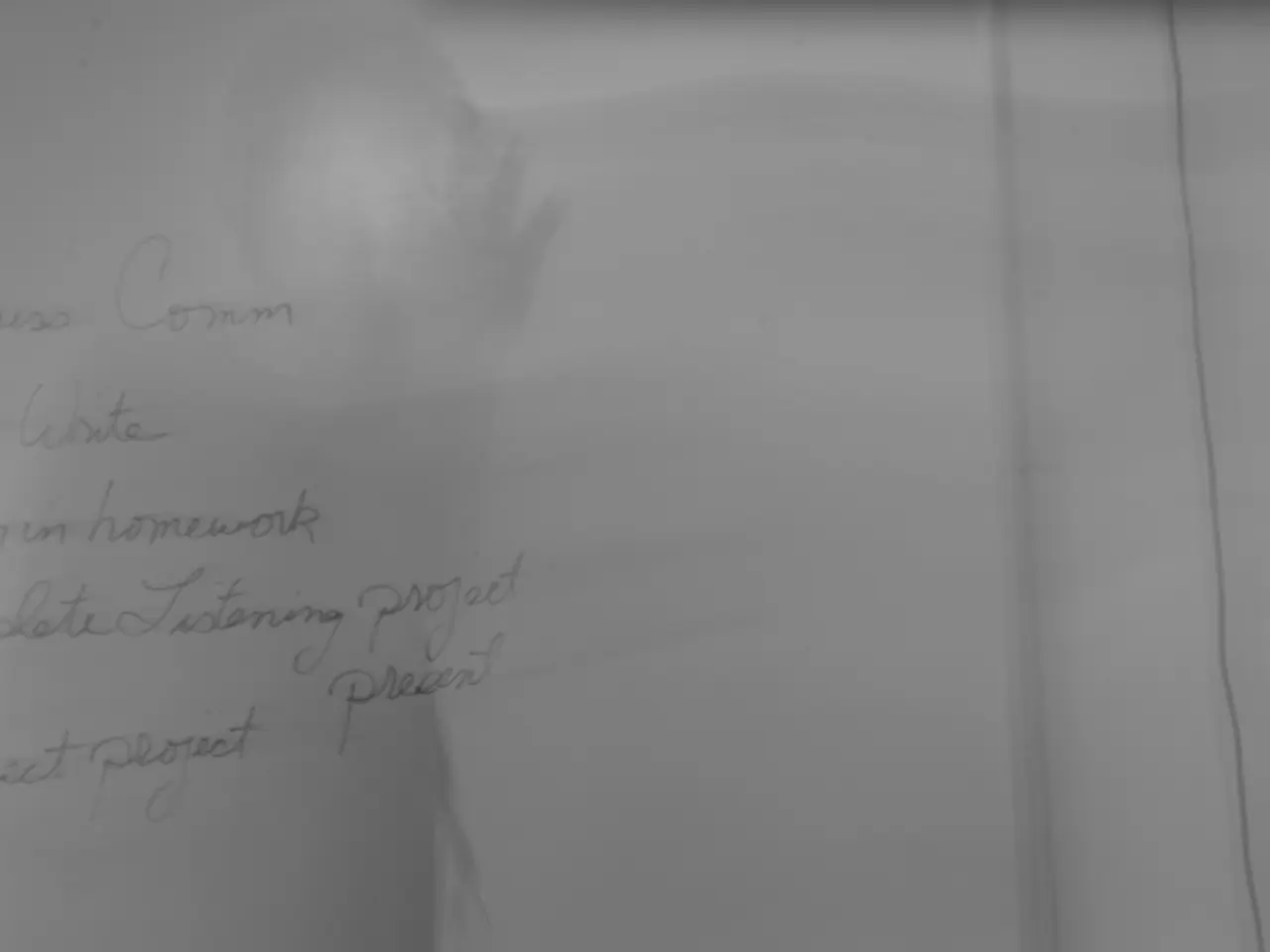Kaja Kallas proposes visa-free suspension as a possible action for Georgia
In a significant development, Kaja Kallas, the EU's High Representative for Foreign Affairs and Security Policy, has suggested that the Georgian government may need to rethink its course following concerns about democratic backsliding. These concerns were expressed during the upcoming EU Foreign Affairs Council meeting in Brussels, where Kaja Kallas will serve as the speaker.
During a press conference in Brussels ahead of the meeting, Kaja Kallas revealed that the EU will discuss what more can be done regarding Georgia, including the potential implementation of targeted sanctions on individuals seen as contributing to disproportionate sentences against young protesters. The list of proposed sanctions includes two judges, who are perceived as part of the judicial system that enables political repression in Georgia.
The EU is also considering suspending the visa-free travel regime that Georgians have enjoyed since 2017 as a means to pressure Georgia to improve its democratic practices. Kaja Kallas confirmed that a letter will be sent to Georgia's authorities outlining specific conditions that the country must meet to avoid suspension of this visa-free regime.
The conditions are tied to addressing democratic backsliding, ensuring fair judicial processes, and halting disproportionate repression of civil society and opposition figures. If Georgia does not comply by the deadline of August 31, 2025, the EU has warned that it will proceed with suspending the visa-free travel regime, which is considered a significant benefit for Georgia’s citizens.
Kaja Kallas emphasised that unanimity is required to approve the sanctions, and if not reached, they will not be able to approve them. She also discussed potential measures to pressure the Georgian government, stating that all options are on the table regarding Georgia.
These measures are aimed at encouraging Georgia to reverse democratic backsliding and uphold rule of law standards. The EU's actions reflect its commitment to promoting democracy and human rights worldwide.
[1] EU Observer, "EU to consider sanctions against Georgia over judicial reform," 2023. [2] Reuters, "EU to send letter to Georgia over visa-free regime, potential sanctions," 2023. [3] Deutsche Welle, "EU threatens to suspend visa-free travel for Georgians," 2023. [4] The Guardian, "EU considers sanctions against Georgia over democratic backsliding," 2023.
- The EU is considering policy-and-legislation measures, including targeted sanctions and the potential suspension of the visa-free travel regime, as a response to Georgia's democratic backsliding, particularly in relation to judicial reform and political repression.
- Amidst war-and-conflicts and political tensions, the EU's High Representative for Foreign Affairs and Security Policy, Kaja Kallas, has emphasized the importance of upholding general-news values such as democracy and human rights in Georgia, and has suggested that the Georgian government may need to alter its course to avoid policy-and-legislation consequences.








